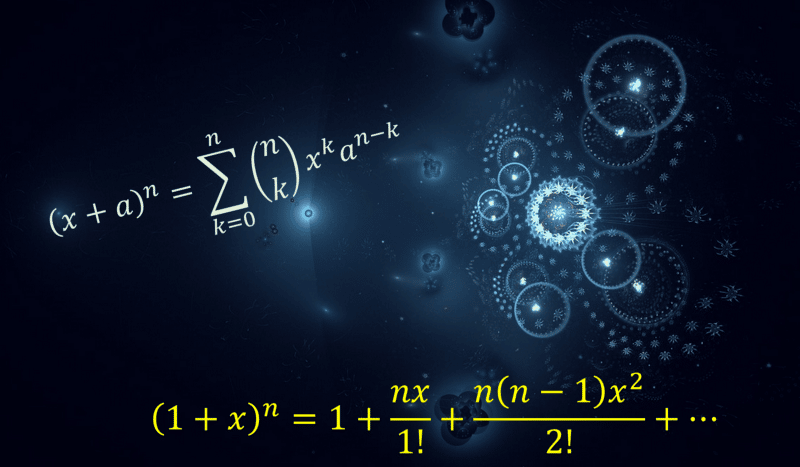这是一份GLA格拉斯哥大学MATHS2025_1/MATHS3016_1作业代写的成功案例

Let $f$ be a function from a nonempty open subset $E$ of $\mathbb{R}$ to $\mathbb{R}$. The function $f$ is said to be differentiable at $c \in E$ if
$$
\lim {x \rightarrow c} \frac{f(x)-f(c)}{x-c} $$ or, equivalently, $$ \lim {h \rightarrow 0} \frac{f(c+h)-f(c)}{h}
$$
exists. This limit (if it exists) is called the derivative of $f$ at $c$. If the derivative of $f$ exists at every $c \in E$, then $f$ is said to be differentiable on $E$ (or just differentiable). The derivative of $f$ as a function from $E$ to $\mathbb{R}$ is denoted by
$$
f^{\prime} \text { or } \frac{d f}{d x}
$$
Note that the limit in Eq. (7.1) is understood as the limit of the function
$$
g(x)=\frac{f(x)-f(c)}{x-c}, \quad x \in E \backslash{c}
$$

MATHS2025_1/MATHS3016_1COURSE NOTES :
From the definition of $f^{\prime}(c)$, it follows that for every $\varepsilon>0$, there exists $\delta>0$ such that $x \in E,|x-c|<\delta$, and $x \neq c$ imply
$$
\left|\frac{f(x)-f(c)}{x-c}-f^{\prime}(c)\right|<\varepsilon .
$$
Thus, for every $x \in E$ with $|x-c|<\delta$,
$$
|f(x)-\varphi(x)| \leq \varepsilon|x-c|,
$$
where $\varphi$ is the linear function defined by
$$
\varphi(x)=f(c)+f^{\prime}(c)(x-c), \quad x \in \mathbb{R}
$$